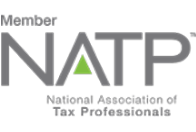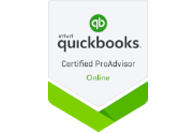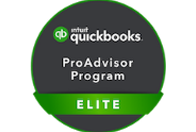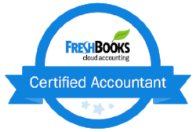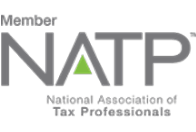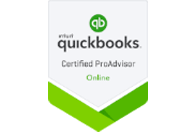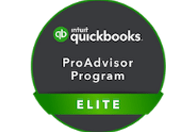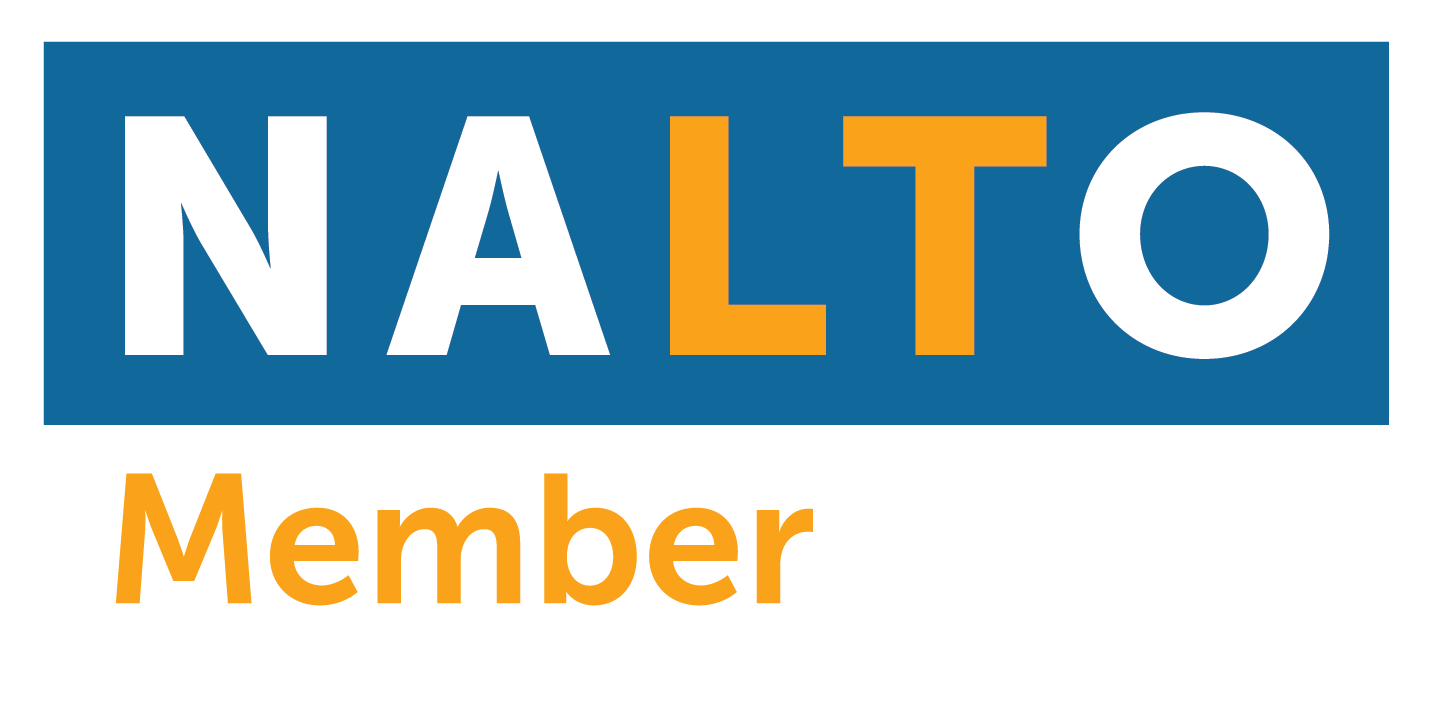The option to choose between a Roth and Traditional Solo 401(k) gives the self-employed or one-person businesses the opportunity to maximize their savings for the future. Both retirement options provide tax benefits but with timing difference.
What is a Solo 401(k)?
A Solo 401(k), also called Uni-k or One-Participant 401(k), is a retirement savings plan designed for self-employed individuals and one-person businesses with no employees except for themselves and their spouse. The same 401(k) rules and requirements apply to these plans.
Roth and Traditional: Tax Timing Difference
A pre-tax or Traditional Solo 401(k) considers your contributions as a reduction to your current taxable income that will effectively lower your tax bill for the same year. However, future distributions are treated as ordinary income and are subject to tax using your current tax rate at the time you made the withdrawals.
On the other hand, contributions to a Roth account have no immediate tax benefit as they are made after-tax. This means that you will pay taxes on your contributions to this type of account. The tax advantage of Roth happens when you make qualified distributions as you will receive them tax-free, including both contribution and its earnings.
When are they the same?
Contribution Limits:
Regardless of your preferred tax benefit, both types are subject to the 401(k) per person contribution limit of $66,000, or $73,500 for aged 50 and older, for the year 2023. The contribution limit is composed of the following:
- Employee Elective Deferrals Contributions – $22,500 in 2023, with catch up contribution of $7,500 for aged 50 and older.
- Employer Contributions – up to 25% of your compensation or net self-employment income not to exceed the maximum contribution limit.
Required Minimum Distribution Rule:
Both Roth and Traditional Solo 401(k) are also subject to the Required Minimum Distribution (RMD) rule which requires owners to make minimum withdrawals once they reach age 72 (or age 73 starting year 2023).
Making the Choice
Your decision between Roth and Traditional Solo 401(k) will largely depend on your current tax situation and how you expect your tax bracket to change over time.
If you expect to be on a lower tax bracket in the future than you are today, then you can take advantage of the immediate tax benefit provided by a Traditional Solo 401(k) account.
However, if you expect to have higher tax rates in the future, then consider having a Roth account since you will be shielding your investments and future earnings from taxes on withdrawals.
Determining future tax brackets can be challenging. You must take into consideration your projected career path, other future sources of income, life plans, and changes in tax laws. If you are a long way from retirement age, a Roth account may be a better option since you can expect your income to increase over time or may have other investments in the future that can potentially place you on a higher tax bracket in the future. Also, it is not impossible for the government to impose higher tax rates in the future.
On a side note, when it comes to fund accessibility, a traditional Solo 401(k) may be better than a Roth version. Although both requires that you must be age 59 ½ to make qualified and penalty-free distributions, a Roth account has 5-year participation rule that must also be met for its withdrawals to be considered a qualified distribution.
Fortunately, you can invest in both Roth and Traditional Solo 401(k) in any allocation you prefer as long as it will not exceed the total contribution limit for a 401(k) plan. Contributing to both types of accounts can offer some protection against uncertainty and create a mix of tax treatments that can provide flexibility during your retirement.
Can’t decide which is best for you? Contact us toll-free (855)529-1099 or make an appointment. Our tax expert will help you choose the best option for your current situation, financial goals, and future business plans.
Want to learn more?
You may want to consult and work with 1099 Accountant – We offer online bookkeeping, online advisory services and online tax and accounting services. We offer reasonable rates. We only work with independent contractors, freelancers, and one-person business. We work with locum tenens from California to New York City and everywhere in between. Yes, even Hawaii!
Contact us toll-free (855)529-1099 or make an appointment for a free consultation. Contact Us – Accountant (1099accountant.com)

